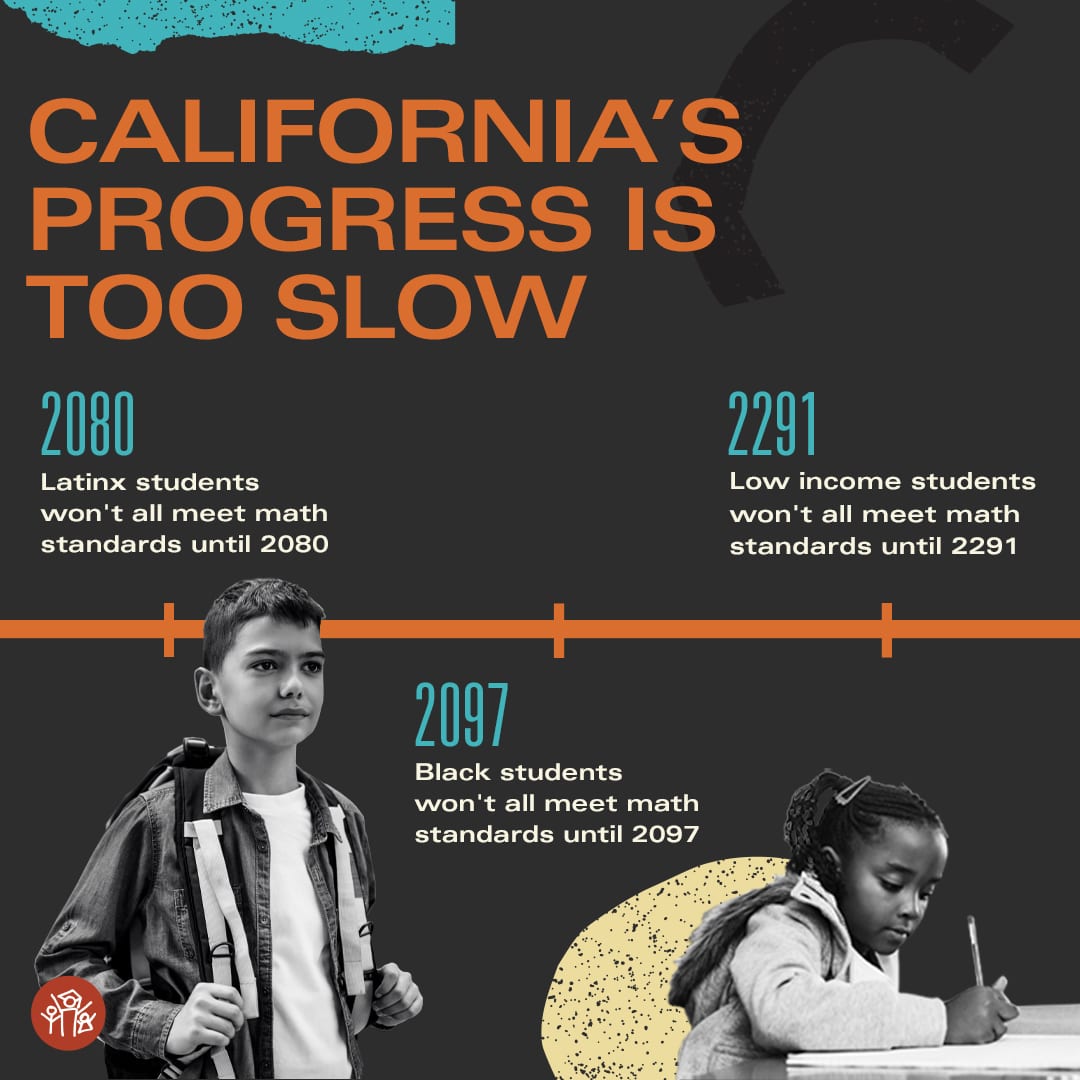In the last several months, converging crises have rocked our country. Among them, police killings have forced the country to wrestle with the question of whether we truly value Black lives. As many of us are searching for ways to contribute to fundamentally changing our systems so they serve all of us equitably, California’s election provides us with this very opportunity.
The fight for racial and gender equality is on the ballot in California this year. Voting yes on Proposition 16 — which would end California’s ban on affirmative action — is one of the most important steps we can take to combat systemic racism and sexism in education and beyond. And the once-in-a-generation opportunity to support students of color is even broader than you might imagine.
When most people hear about affirmative action, they think of elite university admissions. That’s where the media and some opponents have focused most of their attention. And it’s important. Since California banned affirmative action, UC admission rates for Black and Latinx students have dropped 26 percentage points. Today, Latinx students make up more than half of California public school seniors but just a quarter of all UC undergraduates. Prop 16 is a chance to level the playing field in college admissions.
But the consequences of discrimination and educational inequity — and our chance to address them by passing Prop 16 — start much earlier. High-quality early childhood education. Experienced teachers. Advanced coursework. Cutting-edge technology. Name just about any critical support for students—chances are we give the least access to the students who need it most.
California has tried to address these inequities by steering resources toward low-income students. But here’s the truth: race matters. California’s ban on race-conscious policy making forces our policymakers and institutions to turn a blind eye to that obvious reality, with devastating consequences for our Black, Latinx, Indigenous, and underserved Asian American and Pacific Islander students. For example, school funding formulas consider students’ economic situation, but are prohibited from accounting for racial discrimination because of the affirmative action ban.
Yes, because of centuries of systemic racism, there is a correlation between race and income. If we want to dismantle racial inequality in education, income simply isn’t a good enough proxy.
Consider: according to the California Department of Education, an economically disadvantaged white student has about the same chance as being on track in math and English language arts (ELA) as a Black student from a better-off family. At the rate we’re going, Latinx students won’t all meet math and ELA standards until 2080, and Black students won’t meet them until 2097. These disparities are not a result of unequal ability, they’re a result of unequal access and expectations.

Despite all the evidence that race affects educational opportunity, it is likely that over 100,000 Black and Latinx students are denied much needed additional support. Of the Latinx students who are not socio-economically disadvantaged — meaning they are likely ignored by current funding formulas meant to support vulnerable students — 43% are not meeting standards in English language arts, and 58% are not meeting standards in math. Of the Black students who are not socio-economically disadvantaged, 51% are not meeting standards in English language arts, and 67% are not meeting standards in math.

By passing Prop 16 this fall, California voters can make it possible for public school funding to truly get to the students who need it most.
It’s not just about money, however. The research is clear that a diverse teacher corps benefits all students, and that having teachers who look like them is especially important for students of color. Black students who have a Black teacher before fourth grade are more likely to graduate high school and enroll in college. Asian American and Pacific Islander (AAPI) and Black students with a teacher of their same race have higher levels of math achievement than students without same-race teachers. And schools with more teachers of color have smaller participation gaps in advanced classes between Latinx and white students.

Despite all that evidence, and the fact that more than three quarters of California students are students of color, 65 percent of public school teachers are white. More than 250,000 students are in schools without a single teacher of their same race. Passing Prop 16 would allow our state to intentionally prepare, recruit, and retain more great teachers of color. It would also allow us to bring more women teachers into the critical fields of science, technology, engineering, and math, where they remain underrepresented.

Considering the unique opportunity it presents for California students of all ages, it’s no surprise that Prop 16 has garnered such wide support. In addition to trusted leaders like Senator and Vice Presidential nominee Kamala Harris and Governor Gavin Newsom, Prop 16 is endorsed by everyone, from Black Lives Matter and the ACLU to the California Teachers Association, State Superintendent Tony Thurmond, and leadership of all three segments of California’s public higher education system—the University of California, California State University, and the California Community Colleges.
This election, voters have an opportunity to cast their ballots for gender equity and racial justice by supporting Prop 16. It’s not every year we get a chance to vote directly on educational justice. This fall let’s make the most of the opportunity by voting Yes on Prop 16.
Loved this post? Share it with your networks!
“Despite all the evidence that race affects educational opportunity, it is likely that over 100k Black & Latinx students are denied much needed additional support.” #Prop16 can change that. Learn more in a new blog post by @nataliewheatlum of @edtrustwest https://west.edtrust.org/prop-16-a-generational-opportunity-for-k-12-educational-justice/
“By passing Prop 16 this fall, #CA voters can make it possible for public school funding to truly get to the students who need it most.” A new blog post from @nataliewheatlum of @edtrustwest highlights the benefits of #Prop16 at the #k12 level. Learn more: https://west.edtrust.org/prop-16-a-generational-opportunity-for-k-12-educational-justice/


